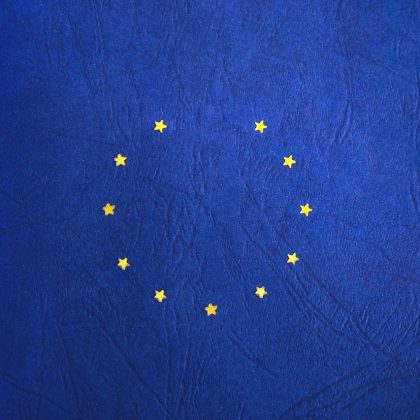Comments on Parasitology paper – Effects of parasitic freshwater mussels on their host fishes: a review
Starting my PhD in 2020 on the conservation of Swedish parasitic freshwater mussels (Order: Unionida), I initially noted a lack of effort put into the study of what these mussels actually do to their hosts. If our goal is to increase the number of these mussels in our lakes and rivers, this will inevitably have some downstream impact on their host fishes (pun very much intended). With this in mind, I set out to have my first paper be a large review, specifically “Effects of parasitic freshwater mussels on their host fishes: a review”. In this, I was only able to find less than 70 studies published in the past century, not a great publication rate. The paper concludes that Unionid mussels have a small, but significant impact on their hosts. A tolerable parasite when not infesting in excess or combined with other stressors.
Unfortunately, the majority of the results outlined in the paper are very biased towards the European mussel Margaritifera margaritifera, a taxonomically distinct, very long encysting host specialist on salmon and trout, with many populations showing extreme host specificity to the resident salmonid population: making it a poor model species for the order as a whole.
Following this, I have since been investing my efforts into furthering our understanding of the host-parasite interactions of mussels on their host fishes, with a combination of both lab and field studies, primarily focused on host ecology. Some of these include long-term field behaviour, changes to habitat preference and early evidence for host-manipulation. However, I have also branched out into some molecular investigations, ecosystem function research and behavioural studies on the mussels themselves.
When I started my PhD two and a half years ago, I knew nothing of these mussels, or that they even existed, but in this time, having had the opportunity to physically reintroduce some of the endangered species I have grown quite fond of them. I see myself working with this order for a long time to come and have no interest in slowing down. With how endangered these animals have become, and how important we have found them to be as ecosystem engineers, all research on the order is crucial and often novel. I encourage everyone to learn more about freshwater mussels and spread the word of their population collapse. I sure will be, and am happy to help others do the same in whatever capacity I can.


The paper “Effects of parasitic freshwater mussels on their host fishes: a review” by Sebastian L. Rock, Johan Watz, P. Anders Nilsson and Martin Österling, published in Parasitology, is available Open Access.







